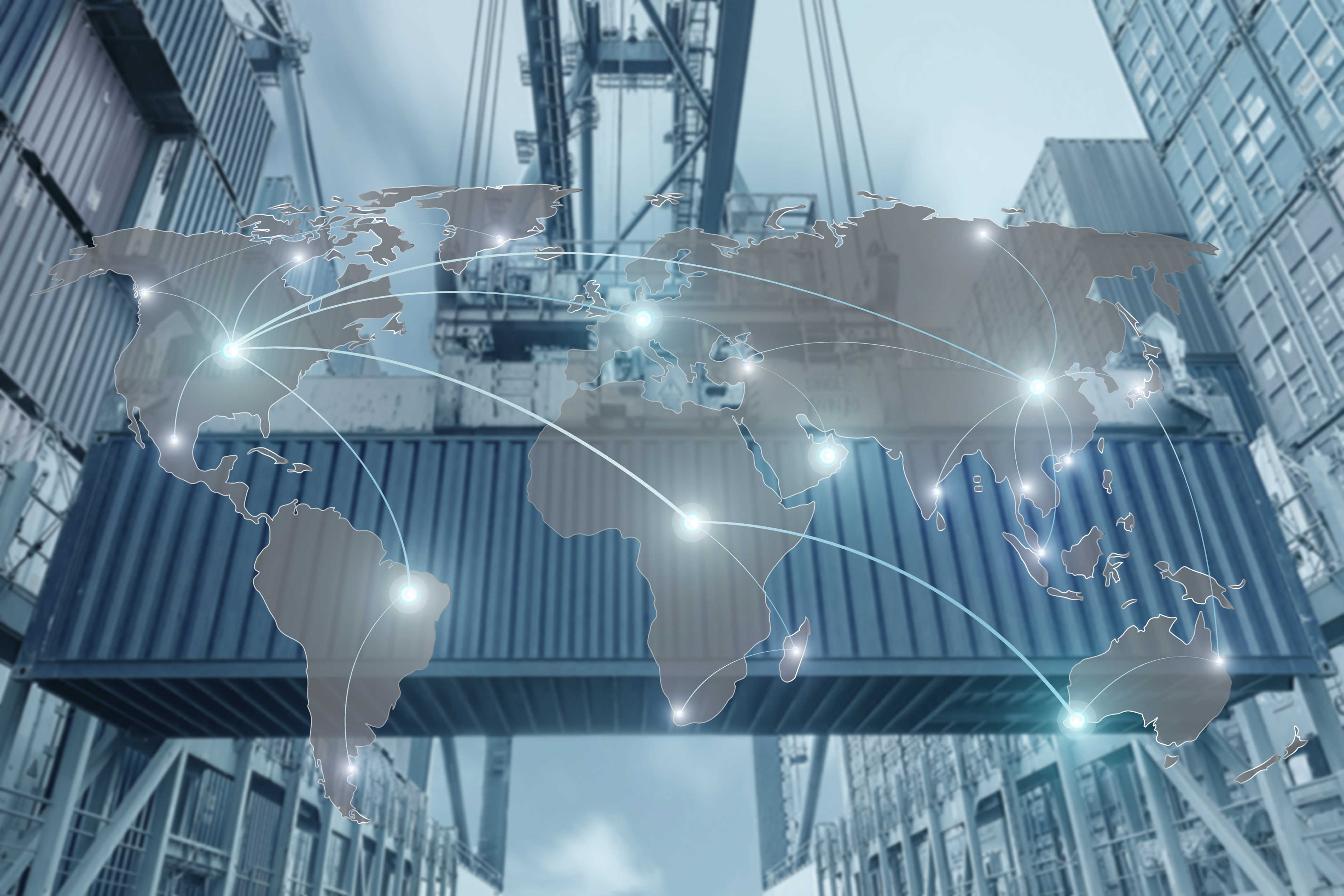Countries use several different ways to protect their trade once they think their industries are being damaged by the other competitors. It sounds reasonable but in the long run it might damage the country itself, which needs to be protected from the other countries. Tariffs are the most common way of protectionism through import tax. This way, the price of the imported goods become more expensive and less competitive in contrast to locally produced goods. This method especially works for the United States, as the country is one of the largest importers in the world, however this method results in retaliation from other countries. Government support is another way of protecting trade, which lowers the price of locally produced goods and services. Government subsidizes local industries with tax credits or even direct payments which is good for countries who export more that they import.
Quotas on imported goods is one of the most effective methods for protecting trade. Competitors cannot ship more goods even though their prices are lower. A fourth type of protection is to lower the currency value, thereby making its exports cheaper and more competitive. Trade protectionism weakens the industry in the long term. Companies become less innovative without competition, because they don’t need to improve their products or services. Eventually, consumers would pay more for a poor quality product because they couldn’t get it from foreign competitors. Job outsourcing is a good example of how U.S. competitiveness decreased in recent decades. Especially for high tech, engineering, and science the country became inadequate as a result of not investing in education.
Since increased trade opens new markets, increasing protectionism would slow economic growth. According to some estimates, ending all trade barriers would increase U.S. income by $500 billion. If the U.S. raises its protectionist policies then other countries will do the same. Retaliation would cause layoffs among the 12 million U.S. worker who work in the export field. Nowadays, the U.S. market is 100% dependent on international trade, and many of multinationals try to reach and establish a strong relation with other nations. As technology developed, production increased and the need of new markets becomes increasingly important. That is what the U.S. government should take into consideration before applying any protectionist policies that could hurt their economy.

It is true that the U.S. trade balance is still negative because it tends to import more than it exports. Protectionist policies limit imports by different means, and also protect US corporations from efficient foreign competition to the detriment of consumers. In contrast of that, we should understand why the United States imports more than it exports. U.S imports are generally cheap raw materials that will be manufactured to produce goods and support services coming up with a high value. United States would quickly lose its ability to self-sufficient as the market share of manufacturing becomes non-American. Some economists argue that the idea of global trade determines that corporate leaders will quickly begin to put business before patriotism. Protectionist policies destroy the national loyalty that is necessary for the survival of a country such as the U.S., because it reduces the consumer spending. Furthermore, when protectionist policies are applied, governments raise taxes on imported goods under protectionism and ultimately we end up poorer with less money to buy other things.






How are US workers supposed to compete with the teenage workers in China that work seven days a week for 6 cents an hour.. The US government should take a massive action to stop companies from sending jobs abroad… Otherwise the end is near.. Uncle Sam, where are you?
Protectionism per se protects to nature domestic commercial activity in the face of international competition. It works for as long as policy is framed to respond the profit curve of the dometic industry at predetermined time lines.
The downside of protectionism as pointed out, flourishes if policy remains dormant as domestic commerce grows to outdo any cause for effeciency.
Comments are closed.